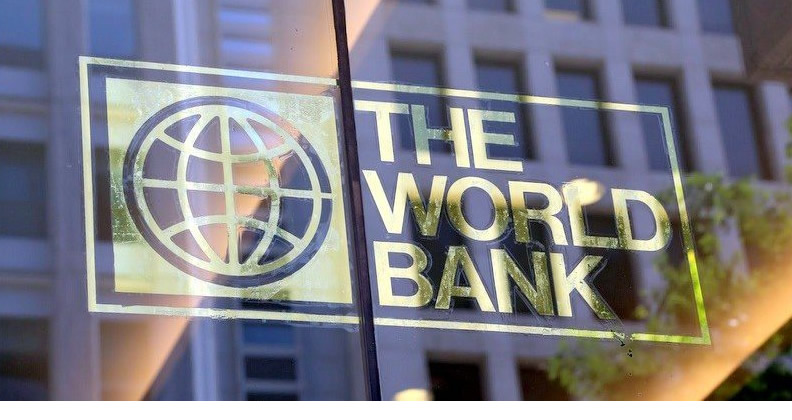The World Bank has backed the N8,000 monthly intervention fund President Bola Tinubu initially proposed as a palliative to cushion the hardship caused by the removal of subsidy on Premium Motor Spirit (PMS).
Prime Business Africa previously reported that President Tinubu said he will stop subsidising PMS, also known as fuel, and offered to pay vulnerable households N8,000 monthly to alleviate the impact of fuel subsidy on prices of goods and services, as well as the cost of living.
Join our WhatsApp ChannelThe decision was met with criticism from many Nigerians, who said the money is too small to meet the basic needs of poor households in Nigeria.
However, according to World Bank’s Lead Economist for Nigeria, Alex Sienaert, in reports on Friday, the money is significant for some households to take care of their families.
Sienaert argued that between N5,000 to N8,000 is a substantial amount for the poor in Nigeria, “The other thing we often hear is that N5,000 or N8,000 is a trivial amount of money. I think people will be shocked to know that for a huge number of Nigerian households, it is a very significant amount of money.
“I believe the statistics are that about 50 per cent of Nigerian households are on less than N60,000 a month. So, if you are giving them N5,000 or N8,000 extra for six months to help tie them over, you are increasing their earnings and available incomes on the order of 10 per cent. For many households, it would be meaningful,” he was quoted to have stated during an economic review session at the Lagos Business School on Thursday.
The World Bank’s top official said the amount is vital in ensuring the poor are still able to eat, go to the hospital and don’t stop their children from schooling.
“I know what has been in the news is the idea of a N5,000 or an N8,000 cash transfer to needy households for about six months, if you look at that the cost of that it would be equivalent to just about one month worth of spending on the subsidy that happening before it was cancelled under the old exchange rates still less than two months’ worth under the new one.
“So, it is not actually an enormous amount of resources relative to what is being freed up and it might just help many poor and vulnerable households get through this without having to do things that harm their prospects like pull a school out of school, or not go to the hospital, or skip a meal, whatever the case might be,” Sienaert noted.
Replace forex restrictions with tariffs
He further advised that the government should replace foreign exchange restrictions on international trade with tariffs and reduce dependence on loans from the Central Bank of Nigeria (CBN).
Sienaert disclosed that these decisions could help curb inflation in the country, “The whole agenda of tackling inflation is obviously a huge one. Some ideas include reducing subsidised CBN lending to medium and large firms and the government borrowing from CBN.
“All of these things increase the money supply and reducing that will be helpful to reduce inflation, and then replacing imports with FX restrictions with tariffs,” the lead economist stated.
















Follow Us